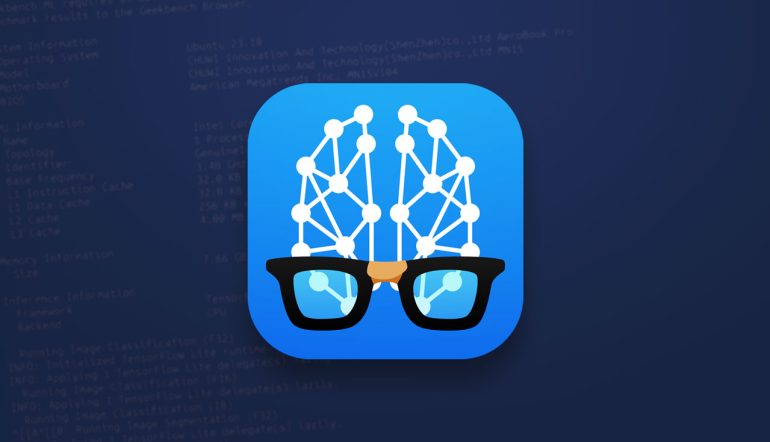- Primate Labs releases Geekbench AI 1.0 on Android, Linux, macOS, and Windows.
- The tool benchmarks machine learning, deep learning, and AI workloads performance.
- Geekbench AI replaces Geekbench ML, first introduced in 2021.
- The rebranding aligns with the industry trend of using “AI” for such workloads.
- OpenAI introduces SWE-bench Verified, focusing on human validation to assess AI models.
Main AI News:
Primate Labs, a leader in performance benchmarking, has unveiled Geekbench AI 1.0, now available on Android, Linux, macOS, and Windows. This latest release extends Geekbench’s trusted methodology to machine learning, deep learning, and AI workloads, providing a unified performance standard across diverse platforms. It replaces Geekbench ML, introduced in 2021, and is currently at version 0.6.
The shift to Geekbench AI reflects an industry-wide trend where “AI” has become the preferred term for these workloads in technical and marketing contexts. “[I]n recent years, companies have coalesced around using the term ‘AI’ in these kinds of workloads (and in their related marketing),” Primate Labs stated. “To ensure that everyone, from engineers to performance enthusiasts, understands what this benchmark does and how it works, we felt it was time for an update.”
Meanwhile, OpenAI, the developer of ChatGPT, announced a new version of its AI model benchmark earlier this week. SWE-bench Verified, this updated tool emphasizes human validation to rigorously assess how AI models address real-world challenges, offering a reliable standard for evaluating AI effectiveness.
Conclusion:
The release of Geekbench AI 1.0 by Primate Labs signals a maturing market for AI benchmarking, where standardization across platforms becomes increasingly critical. As AI drives innovation across industries, tools like Geekbench AI and OpenAI’s SWE-bench Verified are essential for providing reliable, comparable performance metrics. This development will likely fuel competition among AI developers, pushing the industry toward more precise and transparent performance evaluations. The alignment with industry terminology also suggests a growing recognition of AI’s central role in technology, which will likely influence product development and marketing strategies in the tech sector.

